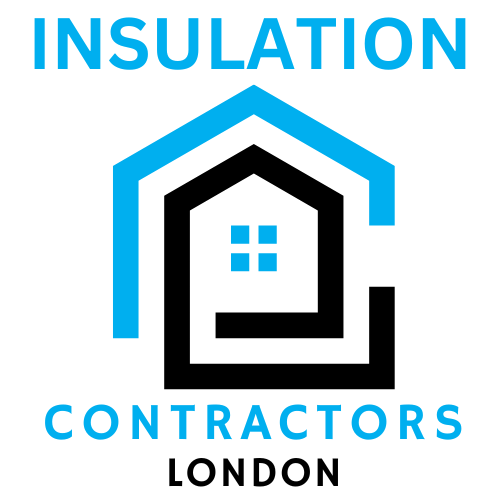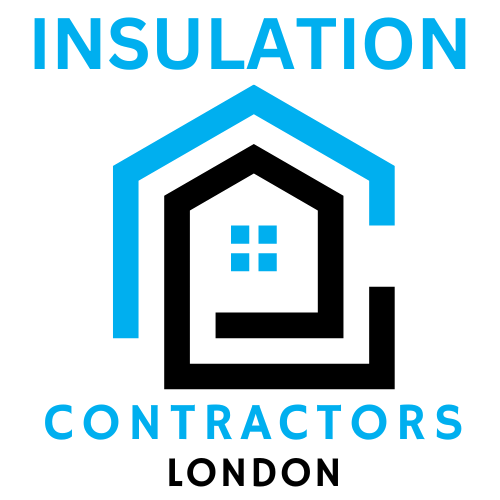
Choosing the Best Insulation for Your New Construction Home
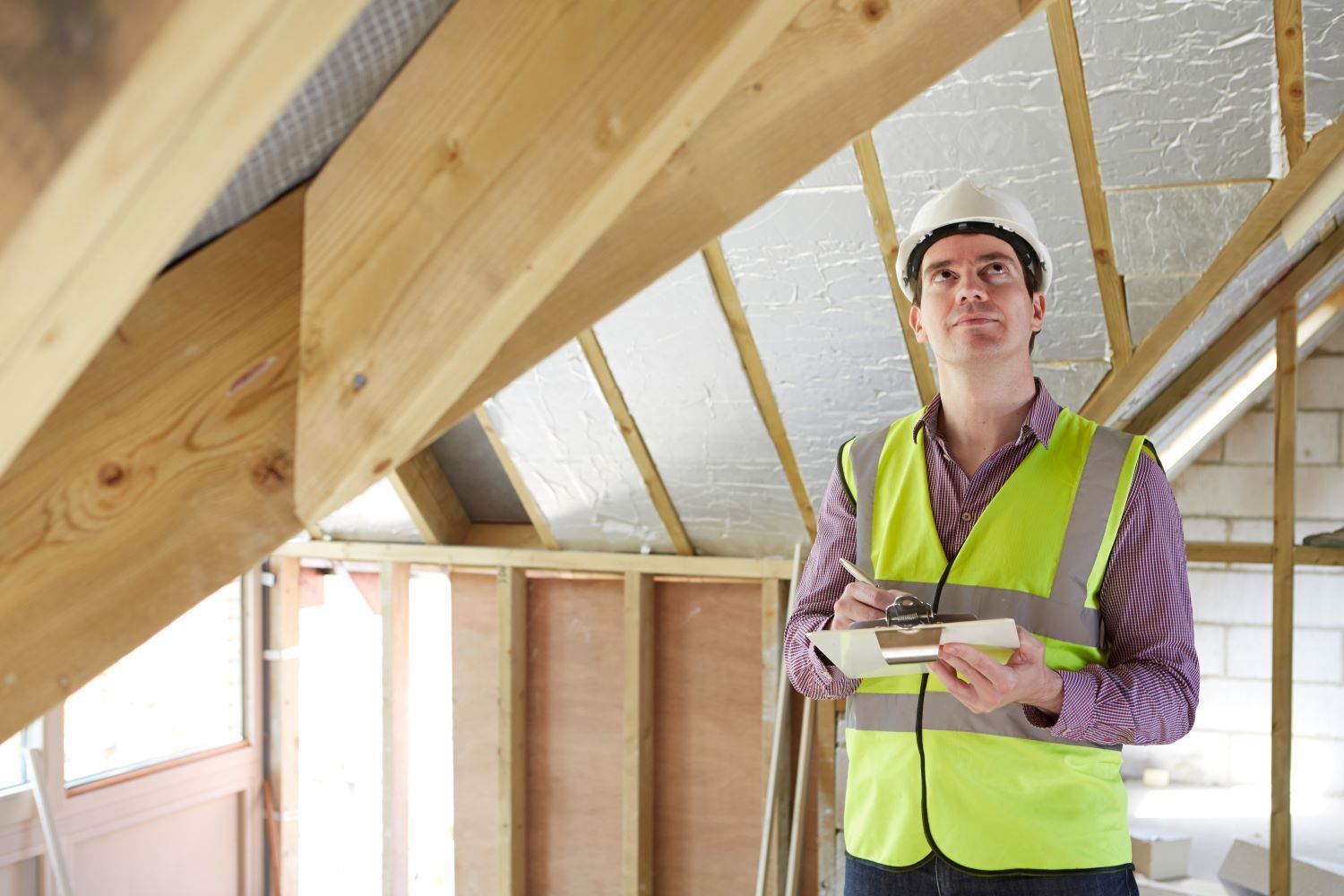
When it comes to building a new home, one of the most critical decisions you'll make is choosing the right insulation. Proper insulation not only enhances comfort and energy efficiency but also plays a crucial role in maintaining indoor air quality and reducing utility costs. With various insulation options available on the market, it's essential to understand the benefits of each type to make an informed decision for your new construction project. Here's a guide to help you choose the best insulation for your newly constructed home.
1. Spray Foam Insulation:
Spray foam insulation is a popular choice for new construction homes due to its excellent thermal performance and air-sealing properties. It's applied as a liquid that expands to fill cavities, cracks, and gaps, creating a seamless barrier against heat transfer and air infiltration. Spray foam insulation provides superior insulation value and can help reduce energy costs by minimizing heat loss and air leakage. Additionally, it offers soundproofing benefits and can enhance indoor comfort by preventing drafts and temperature fluctuations.
2. Fiberglass Insulation:
Fiberglass insulation is a traditional and cost-effective option for new construction homes. It consists of fine glass fibers and is available in batts, rolls, or loose-fill forms. Fiberglass insulation is easy to install and offers excellent thermal resistance, helping to keep your home warm in the winter and cool in the summer. It's also non-combustible and resistant to moisture, mold, and pests, making it a durable and long-lasting insulation solution.
3. Cellulose Insulation:
Cellulose insulation is made from recycled paper fibers treated with fire retardants and insecticides, making it an eco-friendly choice for new construction homes. It's blown or sprayed into wall cavities and attics, filling voids and creating a dense thermal barrier. Cellulose insulation has excellent thermal performance and can help reduce energy costs while providing soundproofing benefits. It's also resistant to mold, mildew, and pests, making it a suitable option for homes in humid climates.
4. Rigid Foam Insulation:
Rigid foam insulation, also known as foam board insulation, is a versatile option for new construction homes. It's made from polystyrene, polyurethane, or polyisocyanurate and is available in various thicknesses to accommodate different insulation requirements. Rigid foam insulation offers high R-values and excellent thermal resistance, making it an effective solution for insulating exterior walls, roofs, and foundation walls. It's also lightweight, moisture-resistant, and easy to install, providing long-lasting insulation performance.
5. Mineral Wool Insulation:
Mineral wool insulation, also known as rock wool or stone wool insulation, is made from natural minerals such as basalt or slag. It's available in batts, rolls, or loose-fill forms and offers excellent thermal and soundproofing properties. Mineral wool insulation is non-combustible, water-resistant, and resistant to mold, pests, and rot, making it a durable and reliable insulation option for new construction homes. It's also environmentally friendly and can contribute to LEED certification for sustainable building practices.
Conclusion:
When choosing insulation for your new construction home, it's essential to consider factors such as thermal performance, moisture resistance, durability, and environmental impact. By selecting the right insulation type and working with experienced insulation contractors like Insulation Contractors London, you can ensure that your new home is well-insulated, energy-efficient, and comfortable for years to come.
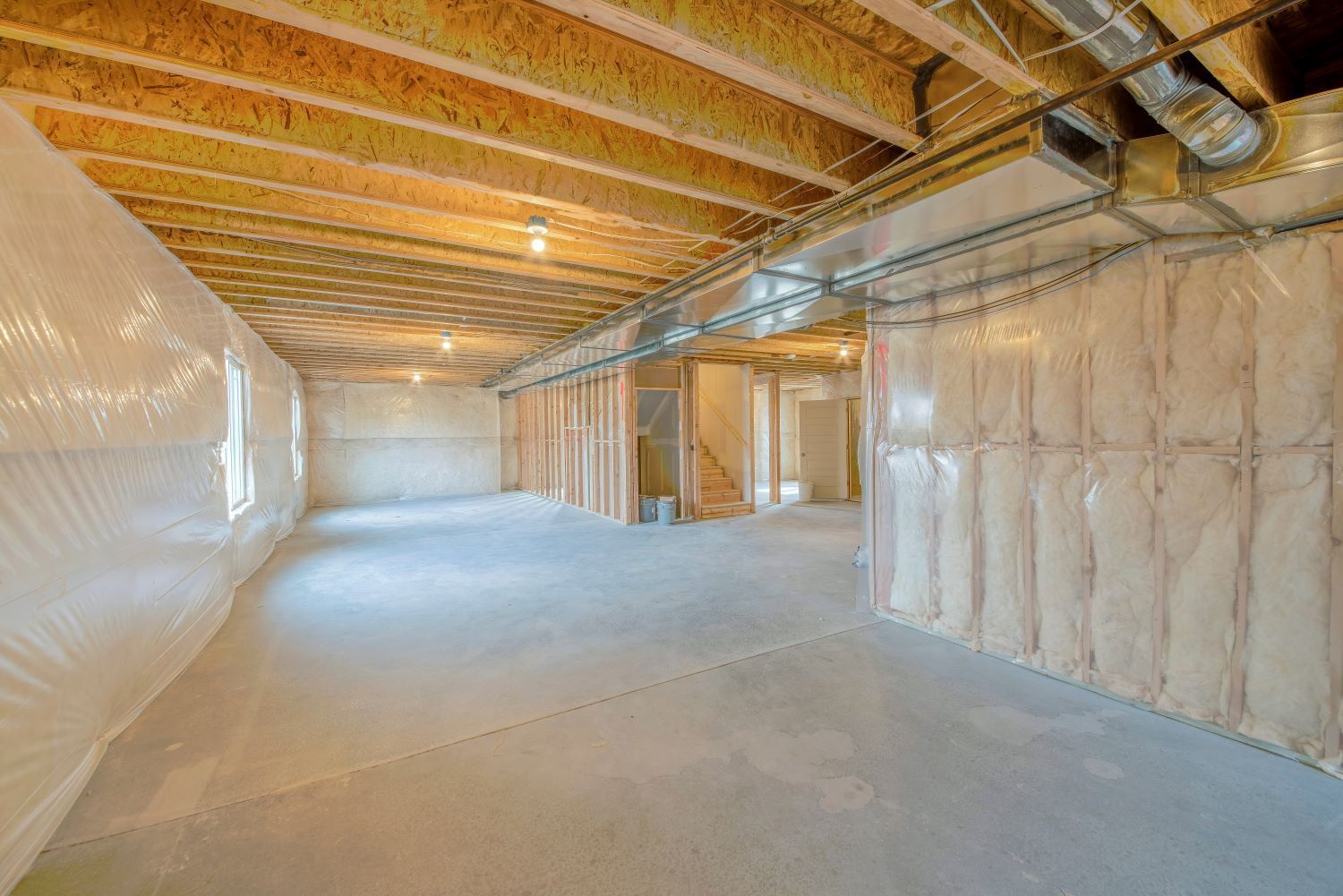
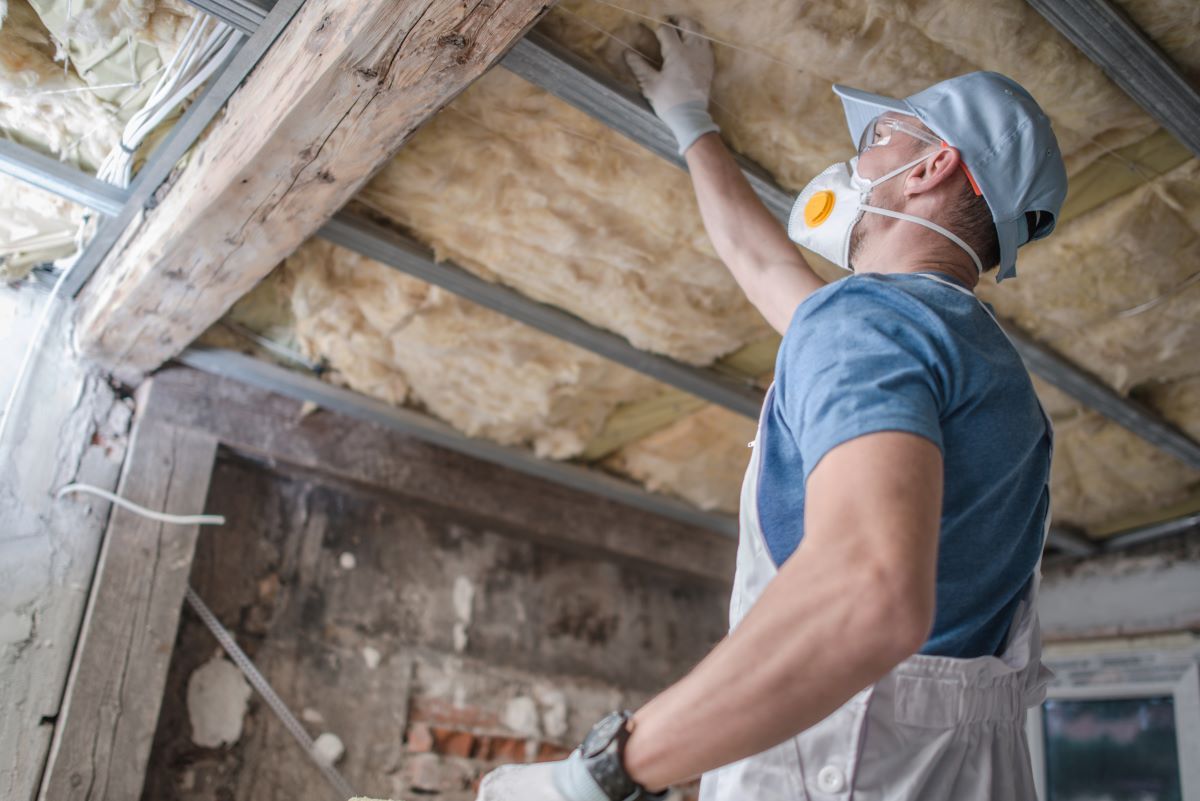
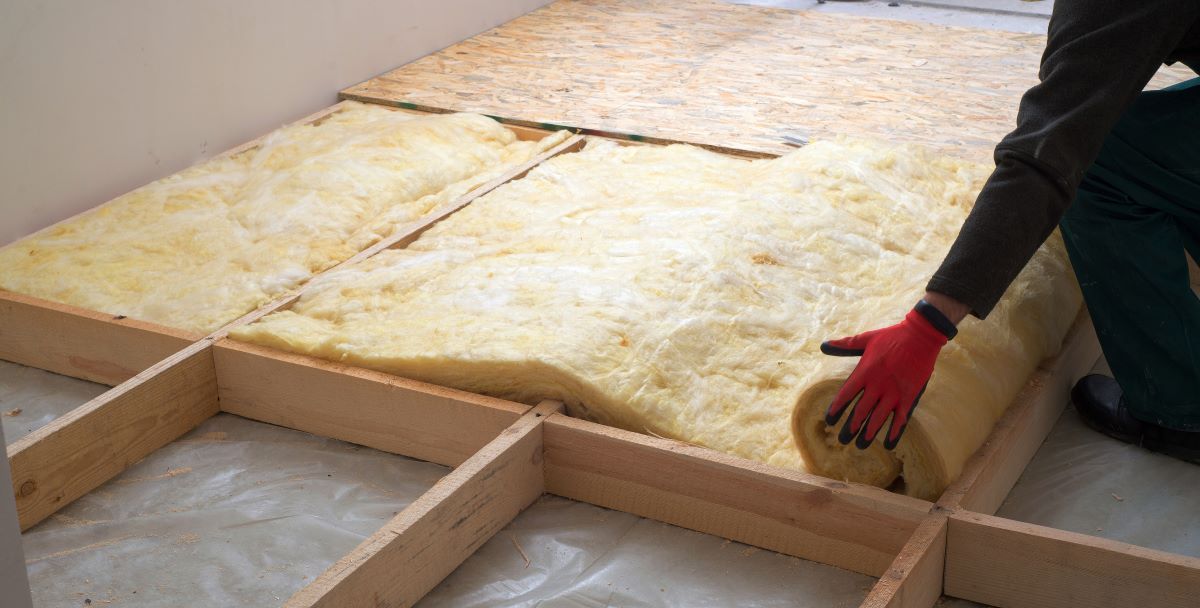


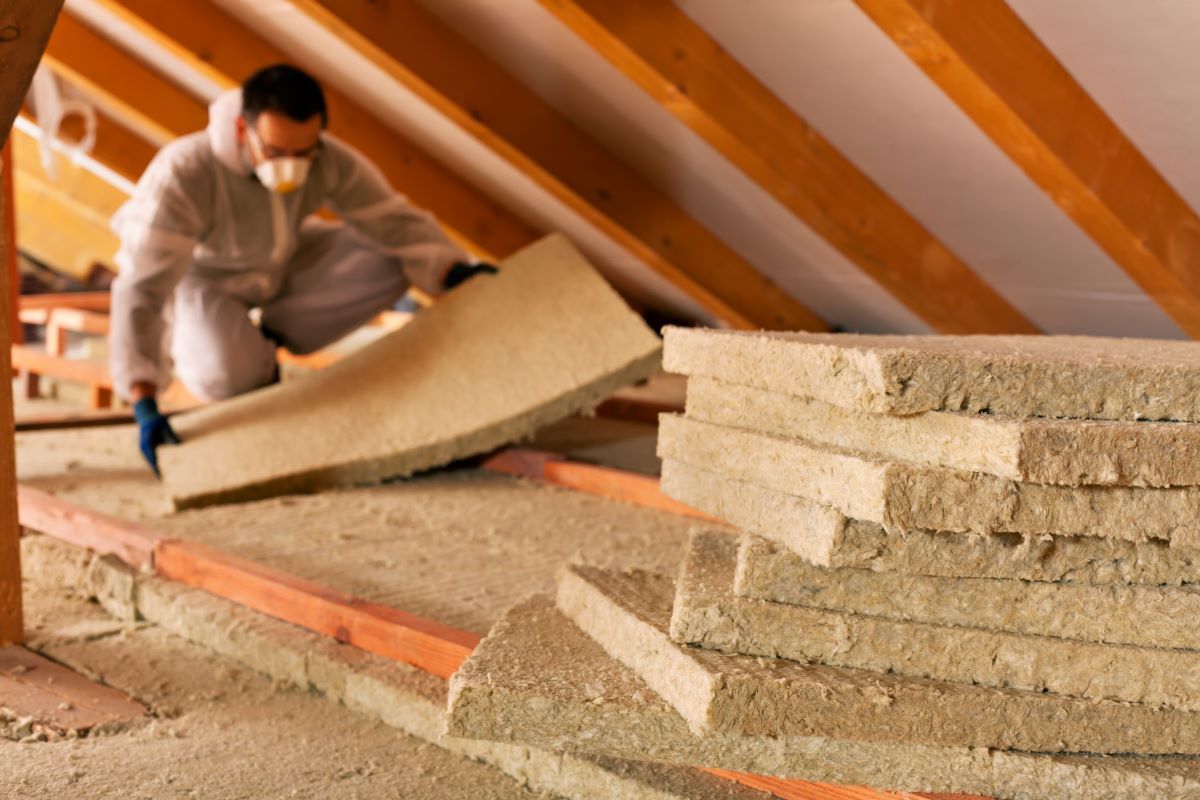


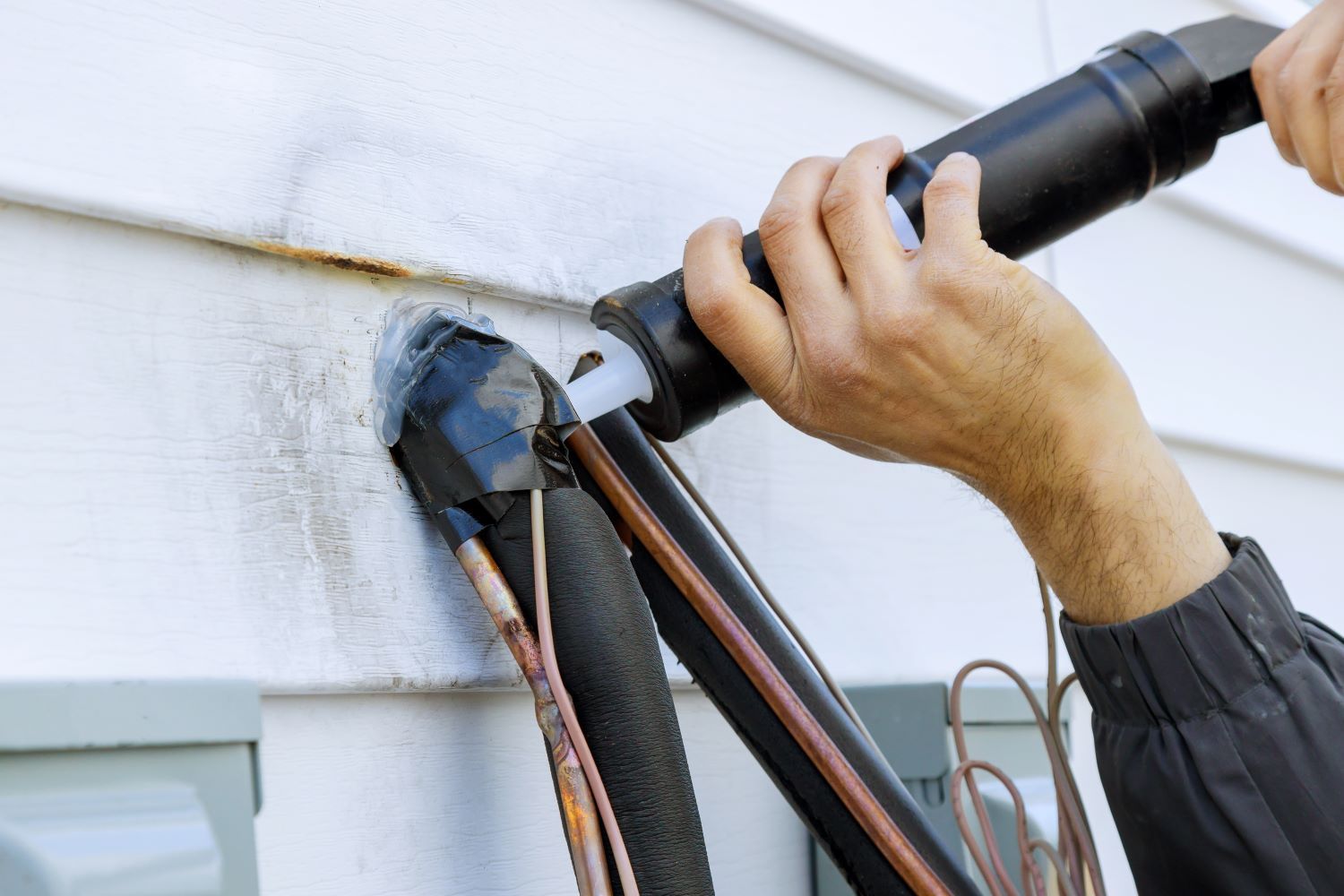
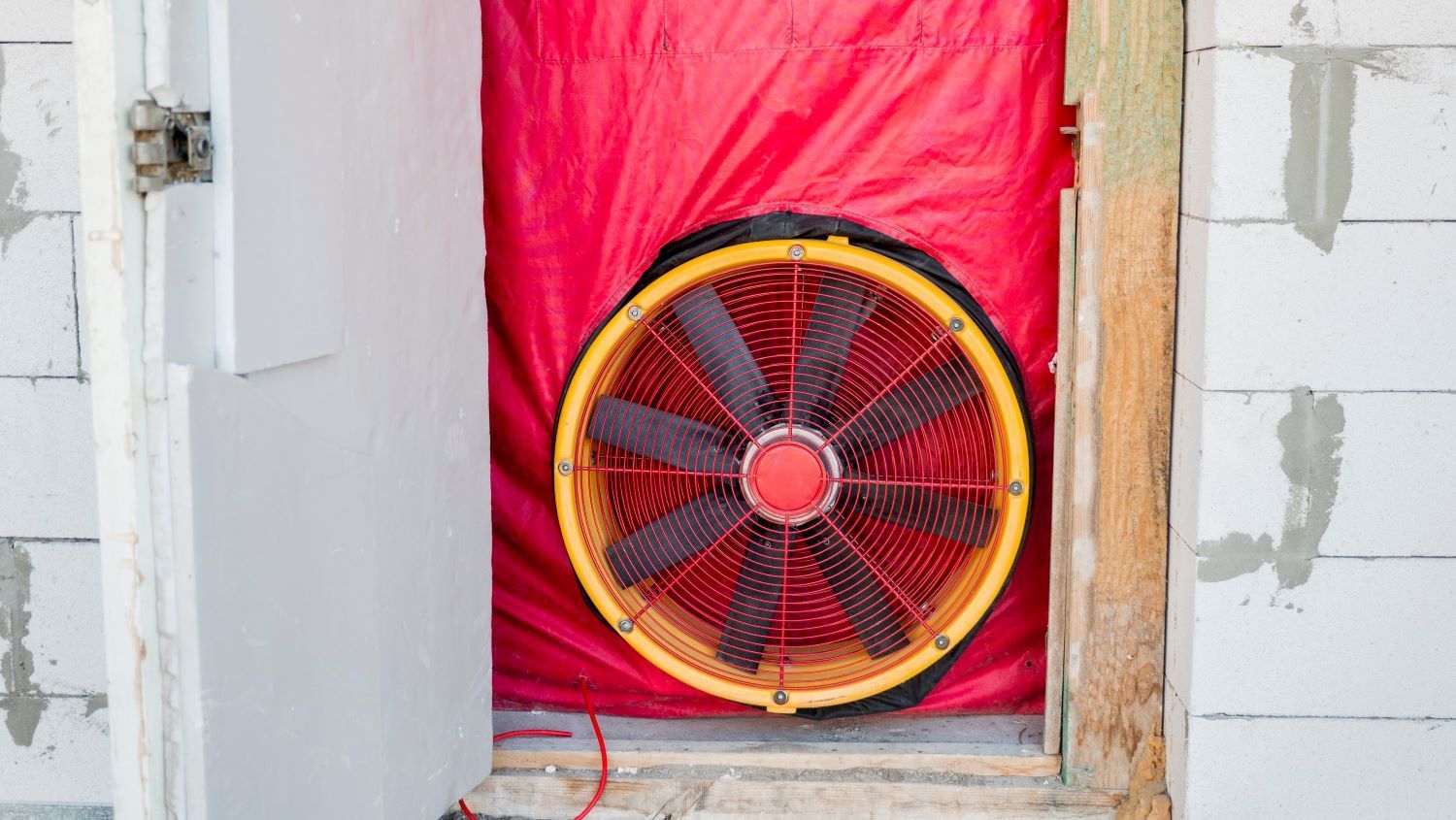
We bring pride and passion to every project that we undertake, with a professional team of contractors dedicated to quality service.
Company
Services
Contact
*This is a referral website. All work is completed by licensed contractors.
